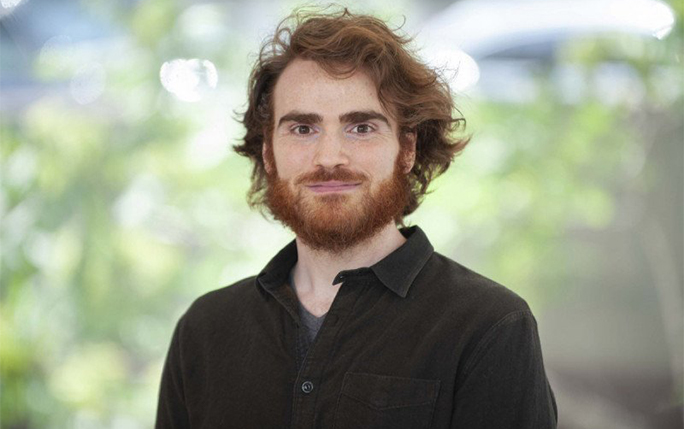Virtual Seminar on Modeling, testing, and adaptive experimental design in high-throughput cancer drug screens

We continue our LIV.DAT Virtual Seminar – Autumn 2021 Series on Tuesday, 7 December 2021 at 15:00 (Europe/London). The upcoming seminar will be given by Dr Wesley Tansey from the Memorial Sloan Kettering Cancer Center (New York, USA), who will talk about “Modeling, testing, and adaptive experimental design in high-throughput cancer drug screens”. Seminars in this series cover R&D outside of the LIV.DAT centre’s core research areas and give an insight into cutting edge research in this area. At the end of the talk there will be a Q&A session with the speaker.
About the talk
High-throughput drug screens enable biologists to test hundreds of candidate drugs against thousands of cancer cell lines. The sensitivity of a cell line to a drug is driven by the molecular features of the cells (e.g. gene mutations and expression). In this talk, Wesley will consider three scientific goals at the forefront of pre-clinical cancer biology: (i) predicting drug response from molecular features, (ii) discovering gene-drug associations that represent potential biomarkers, and (iii) discovering effective drug combinations. He will present an end-to-end model of cancer drug response that combines hierarchical Bayesian modeling with deep neural networks to learn a flexible function from molecular features to drug response. The model achieves the first goal of state-of-the-art predictive performance, but the black box nature of deep learning makes the model difficult to interpret, presenting a barrier to the second goal of uncovering gene-drug associations. He will use this challenge as motivation for the development of a new method, the holdout randomization test (HRT), for conditional independence testing with black box predictive models. Applying the HRT to the deep probabilistic model of cancer drug response yields more biologically-plausible gene-drug associations than the current analysis technique in biology. Finally, Wesley will present preliminary results on BATCHIE, a new approach to combination drug screens that uses Bayesian predictive drug-response models and decision theory to adaptively choose the optimal set of drug combinations to test in each batch. BATCHIE designs experiments that are exponentially more sample efficient than fixed experimental designs. This speed-up enables scientists to overcome the combinatorial explosion of potential drug combinations and makes massive-scale library searches for effective drug combinations feasible for the first time.
About the speaker
Wesley Tansey is a Principal Investigator in Computational Oncology at Memorial Sloan Kettering Cancer Center (New York, USA). Wesley's research is at the intersection of machine learning, statistics, and cancer. Ultimately, the Tansey lab seeks to lay the statistical and computational foundations necessary to deliver on the promise of precision medicine: delivering the right treatment, for the right patient, at the right moment, and at the right dose.
Wesley received his PhD in 2017 in Computer Science at the University of Texas at Austin and completed his postdoctoral training at Columbia University and Columbia University Medical Center. His dissertation focused on machine learning, graphical models, and scalable Bayesian inference.
How to attend
Participation is free, but you need to register to attend this and other webinars in the series. For more information and how to register please follow this link. Once registered, you will receive the Zoom connection details in the morning of the online seminar.
The seminar details
Speaker: Dr Wesley Tansey (Memorial Sloan Kettering Cancer Center, USA)
Seminar title: “Modeling, testing, and adaptive experimental design in high-throughput cancer drug screens”
Date/Time: Tuesday 7 December 2021 at 15:00 GMT